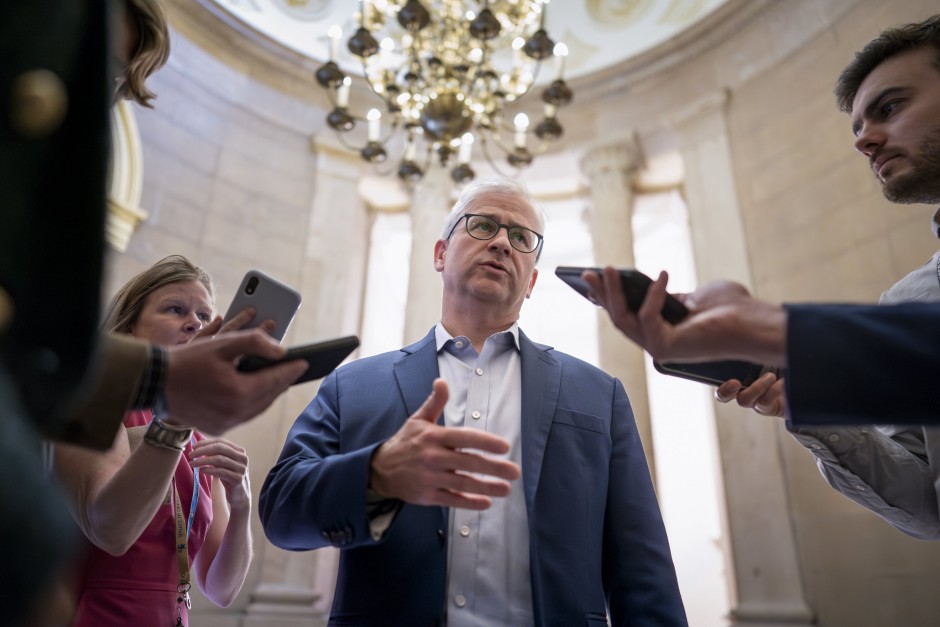
In Washington on Friday evening, another round of negotiations between US Republicans and the government of President Joe Biden on the debt dispute ended without a result. “We had a very, very open conversation about where we are and where we need to be,” Republican Rep. Garret Graves told reporters after the meeting. But that wasn’t negotiation. White House senior adviser Steve Ricchetti exited the boardroom and told reporters he did not want to judge the talks. It is uncertain when talks will resume.
In Washington, there is a dispute about raising the federal debt ceiling from $31.4 trillion. If no agreement is reached, the United States faces insolvency. US President Biden himself is in Japan for the G7 summit until Sunday.
Impending payment default
Time is of the essence: At the beginning of June, the US government is threatened with a default if Biden’s team does not reach an agreement with the Republicans in Congress on raising the debt ceiling by then. In the USA, parliament sets such a limit at irregular intervals and determines how much money the state can borrow.
This time, this process turned into bitter partisan wrangling. This is dangerous for the USA and far beyond: A default by the world’s largest economy could trigger a global financial crisis and an economic downturn.
Republican House Majority Leader Kevin McCarthy was optimistic Thursday and said he could see the way to an agreement. The Biden side had also previously spoken of progress. The financial service Bloomberg reported, citing negotiating circles, that there were no specific thematic points where there was a problem – rather the broad cuts demands of the Republicans were the sticking point. McCarthy said the US would have to spend less money than last year.
Because of the budget crisis at home, Biden’s participation in the G7 summit in Japan was temporarily on the brink. He eventually canceled the second leg of his trip abroad – a visit to Papua New Guinea and Australia – to return to Washington right after the Hiroshima deliberations.







;Resize=(1200,627)&impolicy=perceptual&quality=mediumHigh&hash=72b71c35252aed3fadf4f7b8303a0fdf54c3f919c3863decf57cf9978db1f59f)